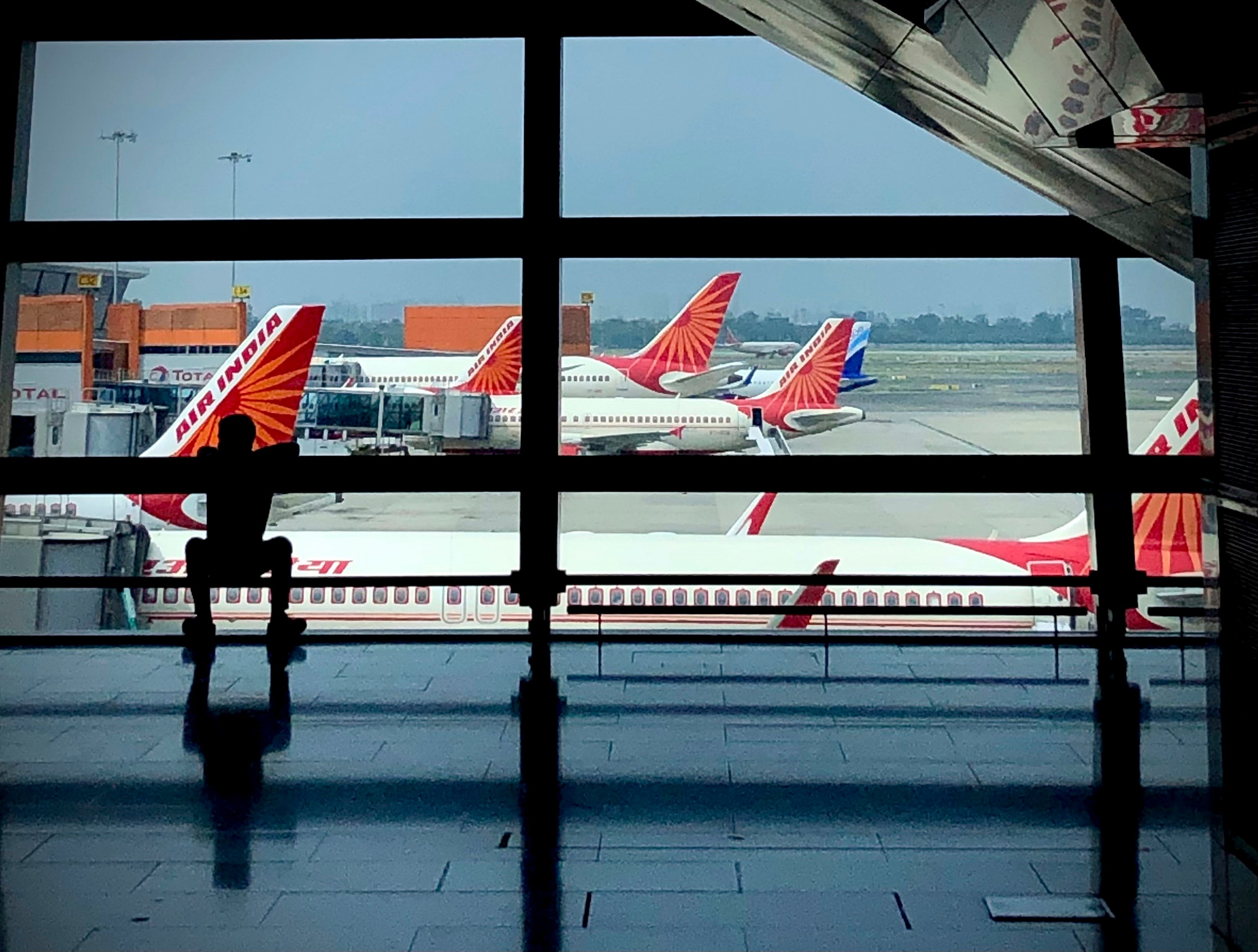Air India: National carrier founded by Tata Group officially returned to them in $2.4bn deal
The handover marks the culmination of the government’s efforts to sell the loss-making carrier

Your support helps us to tell the story
From reproductive rights to climate change to Big Tech, The Independent is on the ground when the story is developing. Whether it's investigating the financials of Elon Musk's pro-Trump PAC or producing our latest documentary, 'The A Word', which shines a light on the American women fighting for reproductive rights, we know how important it is to parse out the facts from the messaging.
At such a critical moment in US history, we need reporters on the ground. Your donation allows us to keep sending journalists to speak to both sides of the story.
The Independent is trusted by Americans across the entire political spectrum. And unlike many other quality news outlets, we choose not to lock Americans out of our reporting and analysis with paywalls. We believe quality journalism should be available to everyone, paid for by those who can afford it.
Your support makes all the difference.India’s national carrier Air India has been privatised again after nearly 69 years and given back to the Tata Group that had originally created the airline.
The handover by the federal government was made official after Tata group chairman N Chandrasekaran met Indian prime minister Narendra Modi on Thursday.
“We are totally delighted to have Air India back at the Tata group and are committed to making this a world-class airline,” Mr Chandrasekaran said ahead of the meeting, according to The Indian Express.
The handover adds a third airline to the global Tata Group brand, but also throws them a challenge as the carrier has haemorrhaged money for years and has gained a reputation for being a loss-making airline.
The handover brings an end to the government’s efforts – that had stretched on for years – to sell the carrier.
Millions of rupees had been spent by way of cash support and loan guarantees in the last decade to sustain the airline.
Air India at present suffers losses of around Rs 195.5m ($2.6m or £1.9m) per day, according to the federal government.
The Tata group had won a competitive bid of Rs 180bn ($2.4bn or £1.7bn) in October last year.
It had outbid a consortium led by SpiceJet’s chairman and managing director Ajay Singh, who had participated in an individual capacity.
After the Tata Group won the bid, a letter of intent was issued by the government, confirming its willingness to sell its 100 per cent stake in the airline. It then signed the share purchase agreement for the deal.
The handover, however, does not include non-core assets such as land and buildings, which will be retained by the federal government.
With the handover, the Tata Group will also be given Air India Express – the carrier’s low-cost arm – and a 50 per cent stake in ground-handling arm Air India SATS.
The handover was completed nearly 69 years after the carrier was taken from the conglomerate and nationalised.
The airline had been started by the Tata Group in 1932.
It was later nationalised in 1953 by the then prime minister Jawaharlal Nehru.
Air India owns more than 4,400 domestic and 1,800 international landing and parking slots in India’s domestic airports, apart from 900 slots in overseas airports.
The Tata Group also holds a majority interest in AirAsia India and Vistara, a joint venture with Singapore Airlines Ltd.
Join our commenting forum
Join thought-provoking conversations, follow other Independent readers and see their replies
Comments